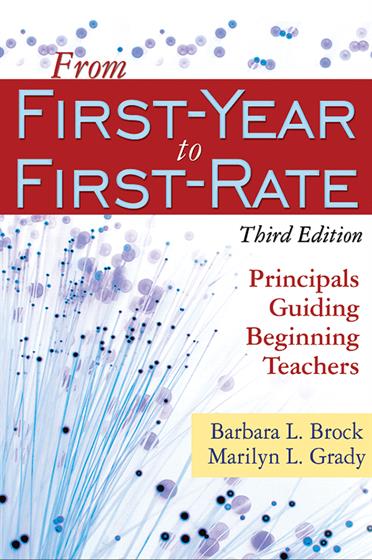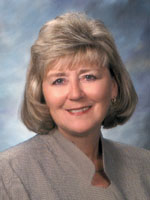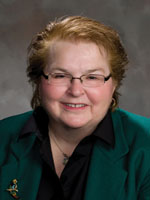Acknowledgments
About the Authors
Introduction
1. Understanding the Beginning Teacher
The Mature Beginner
Alternative Certification
Beginning Teachers From Minority Groups
Reentry to Teaching
Experienced Teachers in a New School
Summary
2. Helping Beginning Teachers Face Problems and Barriers
Reality Shock
Theoretical Knowledge Base
Administrators and Expectations
Isolation
New Kid on the Block
Classroom Dilemmas
Addressing Differing Student Needs
Assessment
Setup for Failure
Inferior Working Conditions
Are You Old Enough to Be a Teacher?
Nonpublic Schools
Rural Schools
Overwhelmed
Summary
3. Acclimating the Beginning Teacher
The Strength of School Cultures
Socializing the Beginning Teacher
Summary
4. Working With Beginning Teachers: The Role of the Principal
The Power of the Principal
The Leadership of the Principal
Why Should Principals Work With Beginning Teachers?
What Expectations Do Principals Have?
What Is the Principal's Role With Beginning Teachers?
What Problems Are Within the Control of the Principal?
Formative and Summative Evaluation
Support for the Principal
How Do Principals Find the Time to Help?
Assessing Time Spent
Taking Charge of Your Time
Summary
5. Starting Orientation Before the School Year Begins
The Orientation Phase
Orientation Meetings: Setting the Stage
The Role of the Principal in Orientation
Summary
6. Developing a Good Induction Program
What Is Developmental Induction?
Organizational Structure
Program Delivery
Summary
7. Building a Teacher-Mentor Support Team
Where Did the Idea of Mentors Originate?
How Do We Know That Mentoring Works?
What Are the Benefits of Mentorships?
Beginning a Teacher-Mentor Program
The Needs of New Teachers
The Framework of a Mentor Program
What Are the Requirements for a Mentor?
Matching Mentors With Entry-Year Teachers
The Process of Mentoring
How Should Mentors Be Oriented?
Training of Mentors
Diagnosing Problems
Conferencing With Beginners
The Role of Other Faculty
Administrative Support
University Consultants
Program Evaluation
Summary
8. Helping Beginning Teachers With Common Problems
Helping With Specific Problems
The Principal's Role
The Teacher's Role--And Ways the Principal Can Help
Summary
9. Measuring Induction Program Success
Needs Assessment
Goals
Year-End Evaluation
Principals' Self Assessments
Summary
10. Integrating Induction and Career-Long Development
Development That Spans a Teaching Career
Strategies for Adult Learners
Meeting the Needs of the Developing Adult
When Reflection and Renewal Diminish
Fostering a Culture for Growth
A Model for Continuous Development
A Model for Continuous Learning
Summary
References




